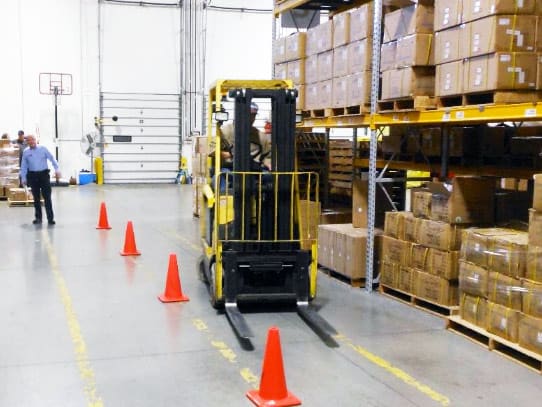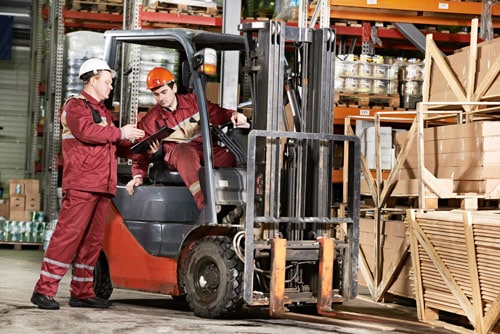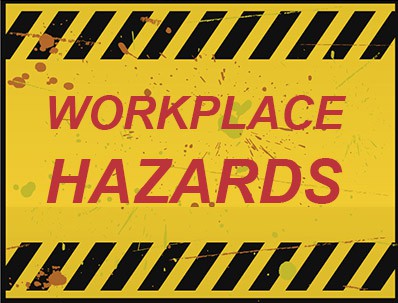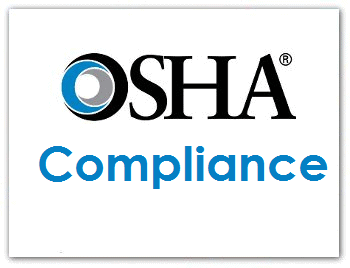There are a few things that you will want to keep an eye out for when choosing a forklift train the trainer class to participate in, including:
- Classes where everyone passes. This is a major red flag of a training company that just doesn’t care what kind of forklift operators they unleash on the world. Not everyone is meant to be a forklift operator, and their graduation rate should reflect that.
- Pass or fail classes. This goes hand in hand with the above, as more often than not everyone in a class conducted on a pass or fail basis miraculously passes, regardless of skill level.
- Short classes. Training should last at least two days. Classes that are only 4 to 8 hours cannot possibly cover the breadth of information that a competent forklift trainer will need to know.
- No expiration date. Unlike operators, forklift trainers are not required to be re-certified every three years, or at all. Of course you will want to brush up every now and again, but a class with a firm expiration date is just trying to wring more money out of you.
- Materials needed. Before booking the cheapest class available, know that many of these classes under charge on the signup fee and then make up for it with overpriced books and learning materials once you are on location. Find out what materials are needed for the course and whether or not they’re included ahead of time.
- Stays in touch. A program that stays in contact with its alumni and updates them on important topics and changes in training topics is definitely a good choice! So get in touch with us today to enroll in the best train the trainer forklift course available.





